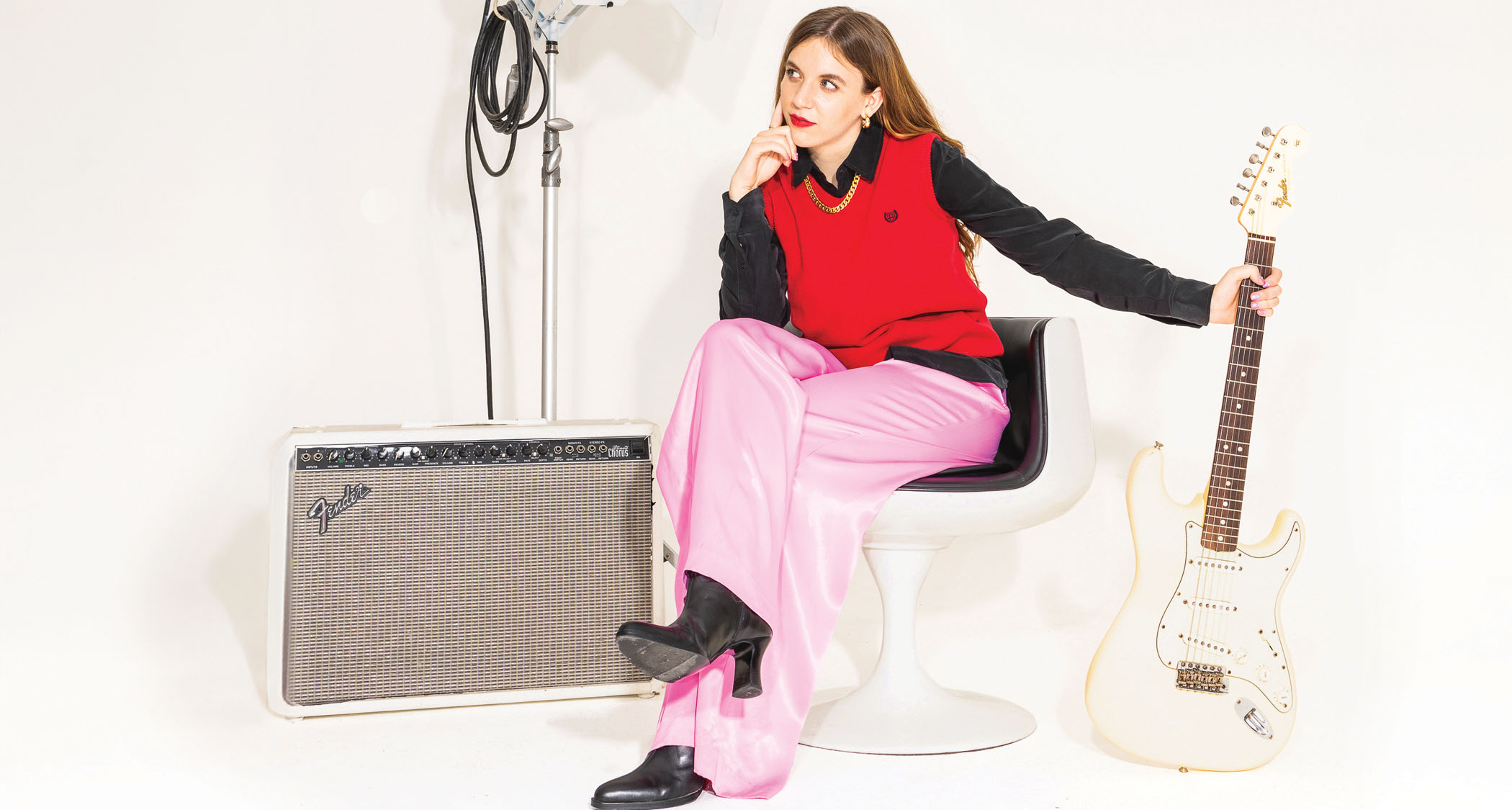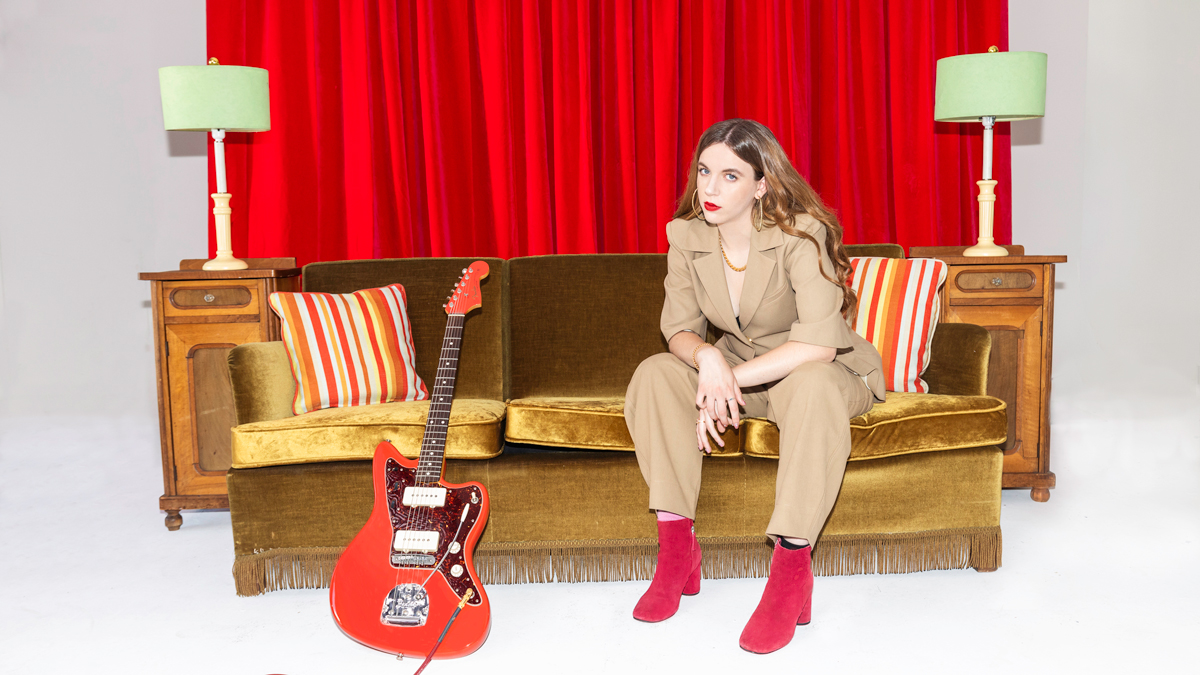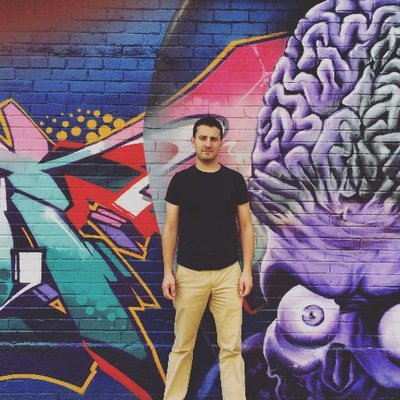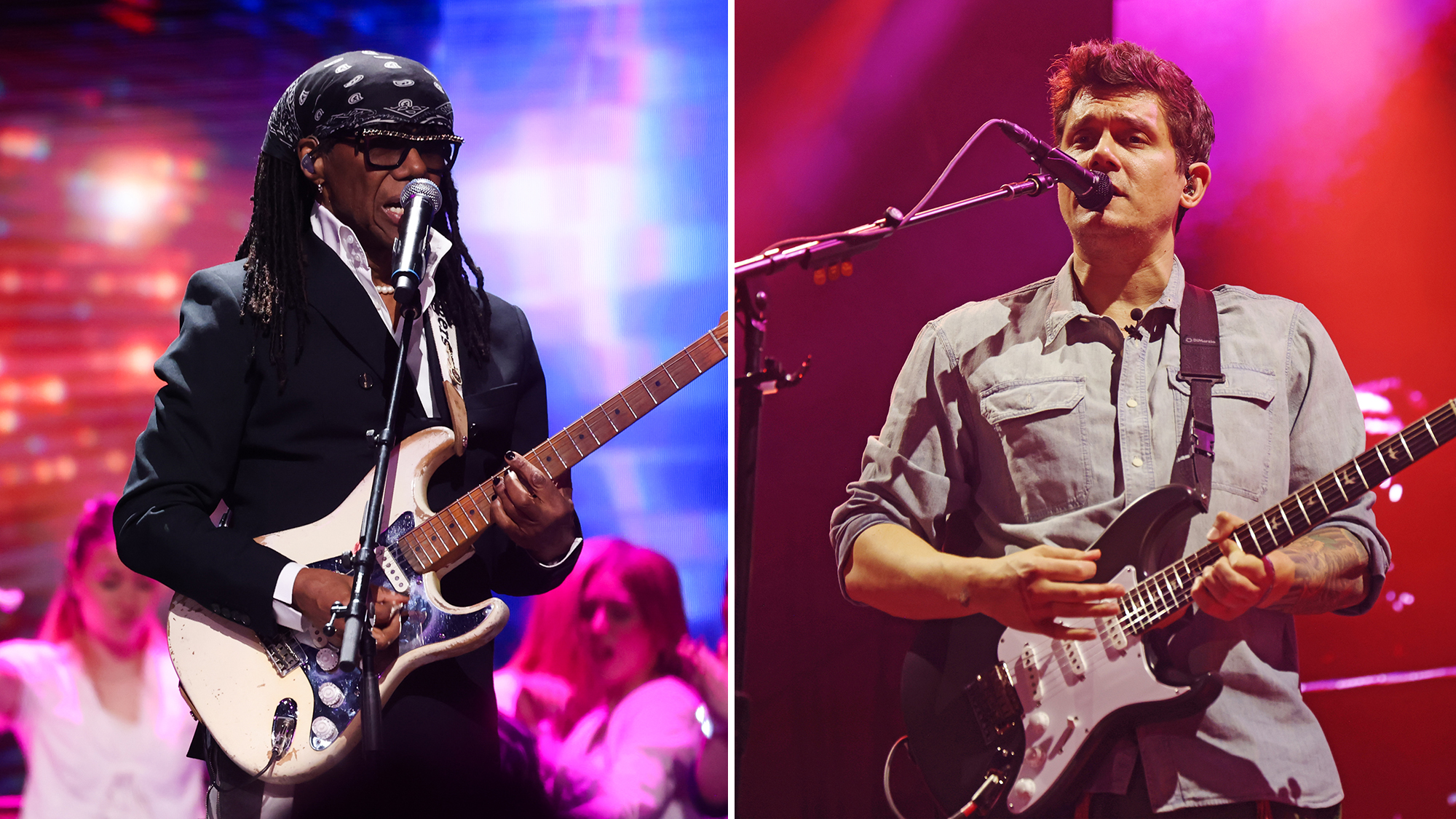“I get a lot more feeling when I play with my fingers. Wes Montgomery was my reference as a kid for not using a pick”: Championed by Fender and signed to Blue Note, Maya Delilah might just be the most melodic guitar soloist since John Mayer
After being named as a member of Fender’s Class of 2024 and lauded as a 2025 Spotify Artist to Watch, Maya Delilah makes good on those promises with her Blue Note debut, The Long Way Around

All the latest guitar news, interviews, lessons, reviews, deals and more, direct to your inbox!
You are now subscribed
Your newsletter sign-up was successful
Maya Delilah was sitting at home when she got the email. For the sixth year in a row, Fender had named a group of artists meant to represent the future of guitar, and Delilah had just found out she was a part of the Fender Next Class of 2024.
For a musician who had been slowly building an audience over the past half decade, but had been honing her craft since childhood, it was the realization of a lifelong dream.
“Oh my God, it meant so much,” she says. “It was a proper bucket-list thing. I mean, with my Squier, I’ve been playing Fender my whole life and looking up to Fender my whole life. My amp that I’ve always had is a Blues Junior, and, yeah, it was just crazy.”
Getting a push notification on your phone might seem like an underwhelming way to find out you’re being honored by one of the biggest brand names in electric guitar history, but low-key seems to be a recurring motif for the British singer and guitarist.
Her brand of soul-pop is decidedly mellow, with soft beds of multi-instrumental backing tracks laying the framework for Delilah’s tuneful vocals and John Mayer-esque melodic guitar lines.
Listen closer, however, and there’s some real artistic depth to go with the cool vibes. On her debut LP, she combines bluesy solos with folk, soul and funk to make a mixture that’s all her own.
“The reason for the title of the album, The Long Way Around, is because it took such a long time to be okay with having so many different sounds and making them into an album,” she says.
All the latest guitar news, interviews, lessons, reviews, deals and more, direct to your inbox!
“I think I’ve always been super-inspired by so many different genres like funk and soul and jazz and folk, and I always used to get really frustrated when I’d be on a path of writing quite a lot of folk songs, and suddenly I’d be really inspired by a Santana track. I’d be like, ‘Fuck, I want to make something like this now.’ This album kind of came about with the different sounds coming together.”
As her first album, The Long Way Around – released via historically jazzy Blue Note Records – served as a lesson in contrasts.
Half the album was recorded in Devon, in Delilah’s native England, while the second half was done Stateside. The former saw her laying down tracks in a single take, while the latter found her experiencing the modern-day approach, with all its positives and drawbacks.
“There’s no tuning, there’s no editing. If you make a mistake, it’s like finding the beauty in the mistake, which I really enjoyed. Then for the other half of the album, most of it was done in L.A., which is so the opposite way of working, and everyone wants everything to be perfect. So it was quite like a weird process.
“On one of those trips, I literally did the trip with the tape, and then I went the next day to L.A. and it was a little bit of like a brain fuck. I was a bit like, ‘I don’t know how to work like this.’ I find it interesting how different people work. So some of the tracks are one take, nothing changed, we mixed as we recorded it, and some of them we spent days and hours on.”
While a collection of accomplished session players contribute to the lush instrumentation, the main accent to Delilah’s singing is her stabs of guitar, often playing call-and-response with herself.
Instead of cramming notes into the margins, her lead lines and solos go for quality over quantity. It’s an approach that’s reminiscent of one of Delilah’s main guitar inspirations, John Mayer. The opportunity to do numerous takes allowed her to find ways to mesh the lyricism that’s inherent to her vocals and playing: one compliments the themes of the other.
“I think when I do a guitar solo for a song, especially when I’ve written the lyrics, I will always have written the lyrics before I do the guitar solo, that’s always the last part. If I’ve said exactly what I want to say lyrically, I feel like I need to mirror that with feeling when I play the guitar.
“I find that I need to take more care of doing that with the guitar, because you obviously don’t get to say words with it. It needs to have the perfect feeling, and that also sometimes takes being in the right room with the right lighting.
“I think that part, for me, takes the most time, because I feel very precious about lyrics as well, but I always write with other people, and I get to bounce off other people. But when I’m composing a guitar solo, it’s just me.”
If the guitar work is well-constructed, it’s because of intuition and experience, rather than any book learning. If it sounds like she’s playing to the changes, it’s a happy accident.
Delilah grew up dealing with dyslexia, which made learning to sight-read an impossibility in her youth, as she started on piano and then picked up guitar at just eight years old. As a result, she leaned on her ear to pick up the instrument.
“I have zero theory knowledge,” she says. “It’s all feeling. I can’t read sheet music; I can kind of get by with tabs, but I’ve always learned by ear, and it’s always off feeling. I never really think about this other than an emotional build that’s already there in the music. I don’t think about that or the structure or anything.”

Her unconventional approach to guitar extends beyond her note choice. Having begun learning on an acoustic guitar, she eventually moved on to picking up the banjo.
I feel like I get a lot more feeling when I play with my fingers
While most banjo players opt for a set of fingerpicks, she eschewed this approach, opting to keep finger picking. That approach stayed as she eventually moved on to electric guitar, a switch she made as something of a rebellious statement.
At one point, Delilah had enrolled in the BRIT School, a music academy in England, where she found a split among the genders; the boys played electric, while the girls were on acoustic.
“I was like, ‘This is so stereotypical.’ I really didn’t like the disparity. So literally after my first day at school, I went and I bought an electric guitar. I don’t think I really played the acoustic guitar for my whole two years there. I was just like, ‘I want to learn and be as good as the boys.’”
Her decision to continue without a pick has led to some odd, if functional aesthetic choices. Showing off her hands, the nails on her fretting hand are neatly trimmed, while the ones on her right hand extend out.
Watching Delilah rip through a solo, the tone and approach might seem reminiscent of a young Mark Knopfler, but her technique was more informed by a jazz great than the Sultan of Swing.
“I think the only thing it feels like it holds me back from is occasional speed,” she says. “But at this time, I feel like I get a lot more feeling when I play with my fingers as well. The guitarist I actually used to reference as a kid for not using a pick was Wes Montgomery, because he used his thumb a lot, and I used to use my thumb more than I do now.”
Like Knopfler, using her fingers give Delilah a distinctive feel and tone, one that’s made even more pronounced by her decision to almost exclusively plug directly into a Fender Blues Junior, with no pedals in the way.
As befits someone touted by Fender, these days she’s playing mostly Strats (the company sent her a Tele, but it’s in the shop), though she says her favorite guitar is an electric Maton, discovered in a London shop.
“I just love it, and there’s apparently only two of them, so I feel very lucky to have it,” she says. “It’s got a slight hollow body, so it’s a really warm jazz tone. I spent seven hours in the guitar shop that day before I bought it to make sure it was the right guitar.”
- The Long Way Round is out now via Blue Note.
- This article first appeared in Guitar World. Subscribe and save.
Adam is a freelance writer whose work has appeared, aside from Guitar World, in Rolling Stone, Playboy, Esquire and VICE. He spent many years in bands you've never heard of before deciding to leave behind the financial uncertainty of rock'n roll for the lucrative life of journalism. He still finds time to recreate his dreams of stardom in his pop-punk tribute band, Finding Emo.
You must confirm your public display name before commenting
Please logout and then login again, you will then be prompted to enter your display name.







